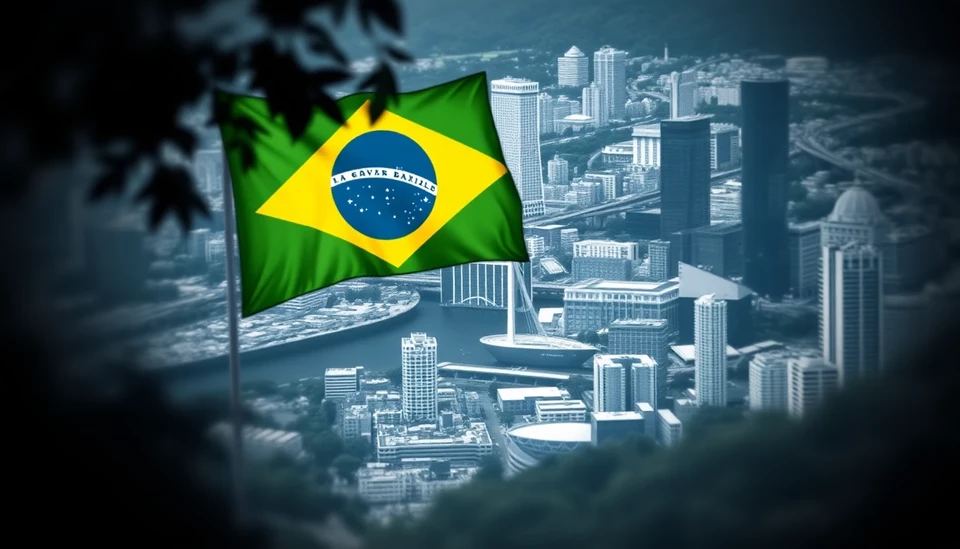
In a surprising turn of events, Brazil's inflation rate has unexpectedly slowed down, providing a glimmer of hope as the nation's economy grapples with ongoing challenges. The latest figures reveal a reduction in inflation, presenting a complex landscape for both policymakers and the public as the Brazilian Central Bank considers further interest rate hikes to combat underlying economic pressures.
According to the latest statistics released, Brazil's inflation rate dropped to a notable 4.5% in December, a decrease from previous months that saw higher levels. This unexpected slowdown has prompted analysts and economists to reassess their forecasts for the Brazilian economy, suggesting that there may be a shift in the economic trends that have plagued the country over the last year.
The Central Bank of Brazil has been implementing aggressive monetary policies, which have included a series of interest rate hikes in a bid to rein in inflation and stabilize the economy. Despite the recent decline in inflation, officials remain cautious. The central bank's target inflation rate stands at 3.25%, signaling that while progress is being made, there is still a considerable distance to cover.
Economic experts are weighing in on the implications of these new figures. While the slowdown in inflation can be seen as positive news, many caution that the Brazilian economy is still vulnerable to external factors, including global economic trends and domestic challenges such as budget deficits and fluctuating commodity prices. Furthermore, these elements could significantly influence the Central Bank's decision-making in the near future.
The government is also facing pressure to stimulate growth while maintaining fiscal responsibility. As inflation continues to decline, the prospects for investment and consumer confidence may begin to improve, potentially providing a timely boost to the struggling economy. However, maintaining a delicate balance between stimulating growth and controlling inflation remains a central challenge for policymakers.
With interest rates at a decade high following a series of hikes initiated over the past year, the Central Bank's next steps are of utmost importance. The recent slowdown in inflation may lead to cautious optimism, yet the specter of further rate increases looms large as the bank weighs its options. Investors are closely monitoring any decisions made by the Central Bank, as these could have broad implications for Brazil's financial markets and economic outlook.
As 2024 approaches, all eyes will be on Brazil as it navigates this intricate economic landscape. The recent drop in inflation has sparked discussions about the effectiveness of current monetary policies and the potential for a re-evaluation of strategies aimed at fostering economic stability and growth.
In summary, Brazil's unexpected inflation slowdown signals a potentially pivotal moment in its economic journey. While the prospects for recovery are beginning to emerge, the path ahead remains fraught with challenges. It is clear that decisions made in the coming months will play a crucial role in shaping the economic future of the nation.
#BrazilInflation #EconomicOutlook #CentralBankPolicy #InterestRates #EconomicGrowth #MonetaryPolicy
Author: Daniel Foster




